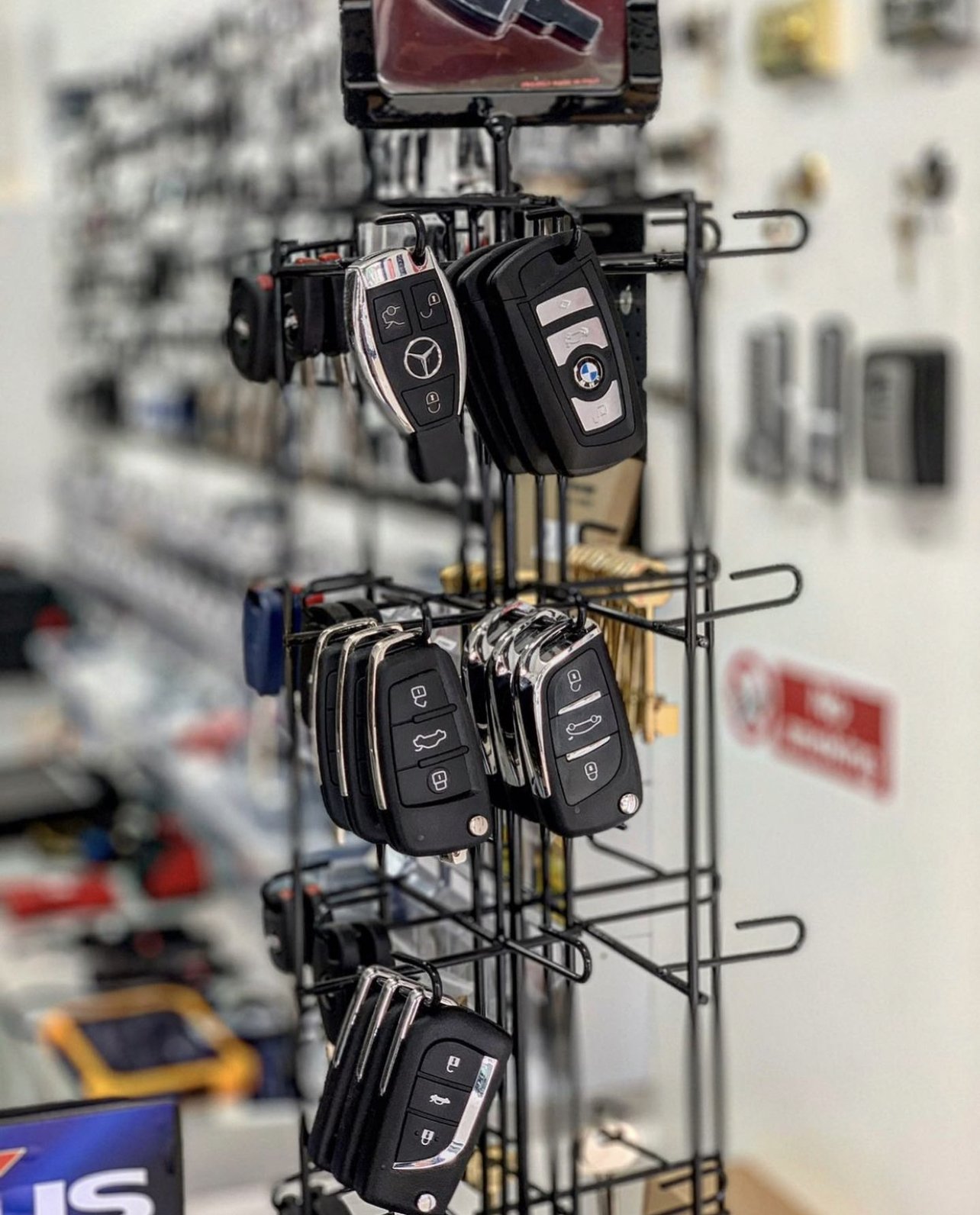Comprehensive Guide to Car Key Repair: Everything You Need to Know
In today's world, car keys are important to vehicle access and security. A malfunctioning or broken car key can be a significant inconvenience, leaving you stranded and annoyed. This article provides an extensive summary of car key repair, covering different kinds of keys, typical problems, repair processes, and preventive procedures.
Types of Car Keys
Comprehending the types of car keys is essential for diagnosing concerns and examining repair options. The primary classifications include:
- Traditional Metal Keys: These are the most basic kind and are typically utilized in older cars. Auto Locksmith can easily be duplicated at hardware stores.
- Transponder Keys: Equipped with a microchip, these keys communicate with the vehicle's immobilizer system to approve access. They are typical in cars made after the late 1990s.
- Smart Keys: Also understood as proximity keys, these allow keyless entry and ignition. They use innovative innovation and are frequently combined with a push-button control.
- Key Fobs: These devices offer push-button control functions such as locking or opening the doors. They can be standalone or incorporated with smart keys.
- Key Cards: Commonly found in high-end lorries and newer models, these cards are used for keyless entry.
Table 1: Types of Car Keys
| Type | Description | Typical Issues |
|---|---|---|
| Conventional Metal | Standard cut metal keys | Breaking, bending, trouble in turning |
| Transponder | Key with ingrained chip for additional security | Chip failure, programming issues |
| Smart Key | Keyless ignition with distance unlocking | Battery exhaustion, chip breakdown |
| Key Fob | Remote control for locking/unlocking | Battery problems, signal disturbance |
| Key Card | Credit card-sized gadget for gain access to | Damaged card, electronic failures |
Common Problems with Car Keys
Car keys can experience various problems that might require repair:
- Physical Damage: Keys can bend, break, or end up being worn down, making them hard to use.
- Transponder Issues: The microchip inside a transponder key might malfunction or fail, preventing the vehicle from beginning.
- Battery Depletion: Smart keys and key fobs need batteries that can run out, leaving the owner locked out until replaced.
- Programming Issues: Keys need to be programmed to the particular vehicle. If this programming is disrupted, the key will not work properly.
- Lost or Stolen Keys: In the occasion keys are lost or taken, replacement essential for security factors.
Car Key Repair Process
Fixing a car key depends upon the kind of damage and key involved. Below prevail repair approaches for different kinds of keys:
1. Standard Metal Keys:
- Repair Method: If broken or bent, a locksmith can typically repair these keys by correcting the alignment of or reshaping them.
- Replacement: If damage is extreme, replacement is required.
2. Transponder Keys:
- Repair Method: For malfunctioning chips, a locksmith can reprogram the key.
- Replacement: If the key is broken beyond repair, a new one need to be set to the car's system.
3. Smart Keys:
- Repair Method: Changing the battery may deal with concerns with a non-functional clever key.
- Replacement: If the key is harmed, it must be replaced and reprogrammed.
4. Key Fobs:
- Repair Method: Simple battery replacements or reprogramming can typically fix fob concerns.
- Replacement: A brand-new fob will be necessary if physical damage is obvious.
5. Key Cards:
- Repair Method: In some cases, harmed cards can be fixed if the electronic parts are intact.
- Replacement: Often, replacement is required if the card is thoroughly harmed.
Preventive Measures
Looking after car keys can prevent common concerns and lengthen their life-span. Here are some preventive ideas:
- Avoid Excessive Force: Use keys carefully to avoid bending or breaking.
- Routine Maintenance: Have your keys examined regularly, particularly transponder and wise keys.
- Correct Storage: Store keys far from moisture and severe temperatures. Think about utilizing a key holder to prevent wear from other keys.
- Limit Exposure to Magnetism: Keep key fobs far from magnets and devices that may disrupt their signaling.
- Change Batteries Timely: Change batteries in key fobs and clever keys before they pass away to avoid lockouts.
FAQs
Q1: Can I repair a broken car key myself?
A: While some small repairs, like battery modifications for fobs, can be done in your home, it's typically suggested to speak with an expert locksmith for significant damages.
Q2: How much does it cost to repair or replace a car key?
A: Costs can vary commonly based upon the type of key, the vehicle's make and model, and the repair required. Standard keys might cost just ₤ 1 to duplicate, while clever keys can range from ₤ 100 to ₤ 400.
Q3: What should I do if I lose my car key?
A: If you lose your car key, contact a locksmith or your vehicle car dealership for a replacement. For added security, ensure that the vehicle is reprogrammed to avoid unauthorized gain access to.
Q4: How can I tell if my transponder key is malfunctioning?
A: If your vehicle stops working to start or shows alerting lights, the transponder chip might be malfunctioning. Testing by a locksmith can verify if the key is the problem.
Car key repair is a necessary aspect of vehicle upkeep that many owners ignore. By comprehending the different kinds of keys, typical problems, and repair procedures, vehicle owners can guarantee that they are prepared for any key-related challenges. Preventive steps can further enhance the durability of car keys, ultimately supplying peace of mind and security for all chauffeurs.

